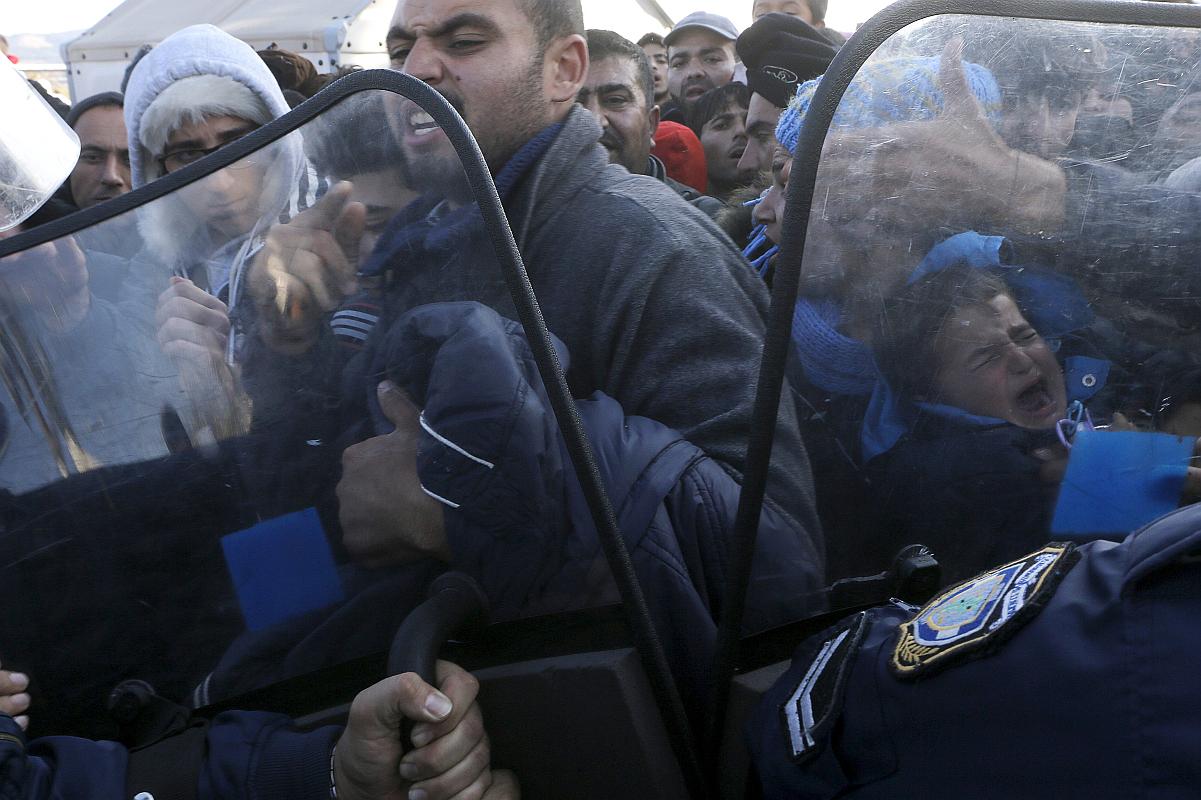
On Monday the Austrian police will join the joint control of entry of migrants at Gevgelia; in this way the countries will avoid returning the migrants rejected by the west.
"Our main goal was that all the countries coming before ours join the agreement, thus reducing the flow and allowing into Slovenia only those in actual need of international protection," said Marjan Fank, Director of the Slovenian Police. The criteria for profiling of migrants will include not only their country of origin, but whether it is a war zone. Those excluded at the profiling will remain in collection centres in Greece.
Refugees won't travel by one train from Macedonia to Austria, but every transit country will provide its own transportation. Daily quotas will be agreed upon in each case separately with the target countries, Austria and Germany. The Slovenian policemen will tighten control in Dobova, as with the exception of Greece no other country along the Balkan route is included in the Schengen information system.
"Thus we will profile every migrant, check against all the records, check correctness of information, and other data," Fank explained, and announced that Slovenia will continue with joint army-police patrols along the green border.
Profiling at the Greek-Macedonian border will be performed by approximately 90 foreign policemen. Slovenia has already sent 6 policemen, and next week 8 more will travel to Gevgelia.
T. B. (Radio SLO)
Translated by G. K.


































































